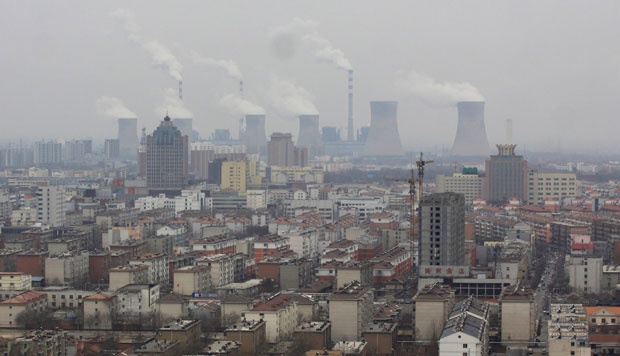Blast Furnace Industry Under Threat
Translator
Editor
Kamis, 1 Januari 1970 07:00 WIB

TEMPO.CO, Jakarta - As the number of induction furnace factories grows, the government should no longer disregard their negative consequences from pollution, energy waste to end products that do not meet building safety standards. The infrastructure development should not be driven using technology with adverse effects.
The invasion of smelting factories using induction furnaces could have been prevented from the outset. In 2010, the Chinese government put a ban on steel mills that used induction furnaces, forcing almost 2,000 plants to relocate. While all other Southeast Asian countries followed Chinas footsteps, Indonesia opened its door to relocating Chinese companies. At present, the number of these companies swelled from around 10 in 2010 to the current 200.
The government has been ignoring the downsides of the induction furnace such as pollution, failure to meet standards and its threat to the local industry. Once again, an annual steel need of up to 17.46 tons till 2019 for the country's Rp5,519 trillion infrastructure development projects is given as the pretext. A series of regulatory acrobatics is already in place to help relocated factories.
It is widely known that it is easy to set up steel mills in regions that dismiss proper regulations such as the minimum distance from residential areas, or the assessment of environmental impacts. Often, these obscure ¡®incentives trigger protests from the locals. For example, in September last year, a primary school in Mojokerto, East Java, saw a drop in the number of students after many left due to pollution from a steel mill located just 40 meters from the school.
The most worrying move by the government concerning environmental impact is the elimination of steel slag from the list of dangerous and toxic waste. The list had been a thorny issue for relocated Chinese factories as it disrupted its raw material supply. The Government Regulation No. 101/2014 regarding dangerous and toxic waste management indicated steel slag as a by-product of smelting steel via, among others, induction furnace.
Another sleight of generosity from the government is reflected in the issuance of the Steel SNI (Indonesian National Standards) for Public Interests. This initiative can be potentially detrimental to the interests of the lay public when distinguishing steel that meets quality standards from those that do not. Meanwhile, large construction projects which use the services of consultants can check the quality of reinforced concrete using lab tests.
A litany of incentives has contributed to much lower production costs for induction furnace steel mills compared to those of local blast furnace steel mills. Unable to match their selling prices, local mills whose products meet the standards without polluting the environment are being pushed aside. This is the reason why 60 percent of the domestic steel market is controlled by relocated companies from China.
In this regard, policymakers should take careful consideration to create healthy competition in the local steel industry. It is not at all wise to let local companies go belly up, and turn a blind eye to negative environmental impacts for the sake of the government's ambition to mark its success with a multitude of infrastructure projects.
Read the full story in this week’s edition of Tempo English Magazine




















